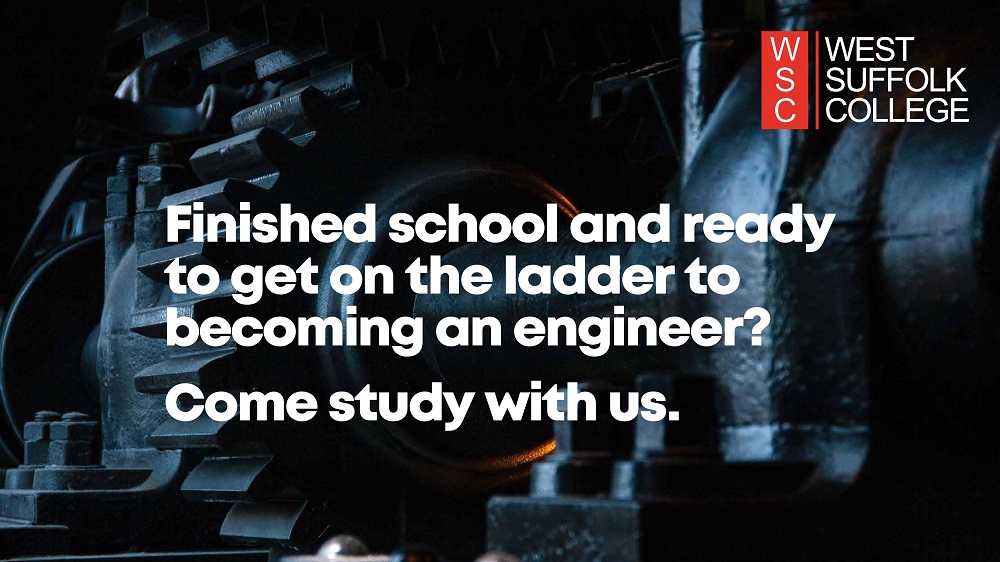Overview of apprenticeship
This occupation is found in manufacturing and process sectors.
The broad purpose of the occupation is to produce complex high value, low volume components or assemblies in full or part, using machines, equipment or systems, to the required specification. For example, turbines, cranes, gearboxes, production lines, rigs and platforms. Fitters may typically have a mechanical, electrical, electronic, control systems, pipe fitting or instrumentation bias or operate across multiple disciplines depending on the type of assembly. To produce or re-furbish the components fitters will interpret drawings/specifications and plan their work, for example ensuring they have the right tools, equipment and resources to complete the task to the required specification. Fitters are required to check their work against quality standards and make adjustments as required based on their knowledge. On completion of the task a fitter will hand over the product and prepare the work area for the next task by checking equipment meets the standards required to operate. They may be based in a workshop or clients premises - this may include hazardous environments.
In their daily work, an employee in this occupation typically interacts with line managers/supervisors; depending on the size of the employer and nature of the work they may work as part of a team of fitters or independently. They may interact with personnel in other functions for example installation and maintenance engineers, health & safety and quality assurance personnel, as well as internal or external customers.
An employee in this occupation will be responsible for completion of their work to the required specification and deadlines, in line with quality, health & safety and environmental regulations and requirements, with minimum supervision.
Delivery Plan and Assessment
Learners will attend West Suffolk College one day a week for taught sessions, excluding half terms and holidays. In total, learners have to spend 20% of their time on programme completing Off-The-Job training, this includes their day release, and any shadow shifts. Apprentices will be supported by 1:1 meetings in the workplace by their dedicated Programme Tutor. Additional learning resources and information will be made available online to ensure a fully blended learning experience.
Learners will be required to complete an End Point Assessment at the end of their learning.
Where will this course take me?
As well as ensuring full competence as an Engineering Fitter, this apprenticeship provides a foundation for potential progression into a team leader or supervisory role within the company, a Higher Apprenticeship in Engineering, a Foundation degree, or HNC/HND.
Down to business, what can I do and what can I earn?
Your wage is decided by your employer however must meet the National Minimum Wage regulations https://www.gov.uk/national-minimum-wage-rates.
Entry requirements
Whilst any entry requirements will be a matter for individual employers, typically an apprentice might be expected to have already achieved 5 GCSEs including Maths and English, Grade C or above or 4/5 (new grading). Some employers will accept other relevant qualifications and experience, including a relevant Level 2 qualification. To enroll onto this Apprenticeship you need to have a maths GCSE of 5 or above, or equivalent grade.
Apprentices without English and Maths at Level 2 must achieve these prior to taking their End Point Assessment.
Qualifications
On completion of the apprenticeship, you will have achieved:
- Full Engineering Fitter Level 3 Standard.
- Level 3 Diploma in Advanced Manufacturing Engineering.
- Skills for Success - This module is designed by West Suffolk College to ensure you have all the personal skills and behaviours to succeed in the workplace.
- Any required Functional Skills in English or Maths.
How is this funded?
Learners
Apprentices are not required to contribute financially towards Apprenticeship training.
Employers
If you are an employer with an annual wage bill of £3 million or more, you will pay into an apprenticeship levy. This levy is then used to pay for the training element of the apprenticeship course. The total figure for the Apprenticeship is negotiated before enrolment and once confirmed will be taken in monthly payments from your account directly to us or paid to us via invoice should additional fees be required.
If you are an employer with an annual wage bill of under £3 million, the Government will fund 95% of the training fee meaning you will be required to contribute 5%. You may be required to contribute additional fees which we will invoice the company for. The additional fees will be made known and negotiated prior to the Apprentice enrolment.
There are additional incentives available if you are a small employer (under 50) and if you train/recruit a 16-18 year old or 19-24 year old with an Education Health and Care Plan.
Contact us on 01284 7162 or apprenticeships@wsc.ac.uk for further details of costs and how Apprenticeships are funded.
Try out our apprenticeship levy calculator here
I'm interested. What should I do now?
You apply for an Apprenticeship in the same way you would apply for a job: find an apprenticeship vacancy, send in your CV or complete an application. We can help you with applications and give you interview advice. Please view the following page on our website to see our latest Apprenticeship vacancies.
Apprenticeship Vacancies: https://www.wsc.ac.uk/find-a-course/apprenticeships/vacancies
Alternatively, you can look on the GOV.UK website to see what other Apprenticeships vacancies may be available: https://www.findapprenticeship.service.gov.uk/apprenticeshipsearch
Employers - Please contact us to speak with a member of the Apprenticeship Team for more information and to organise a face to face visit.
Days & times
Please contact us for dates and further information






